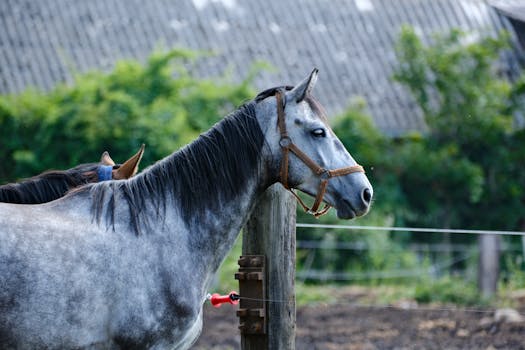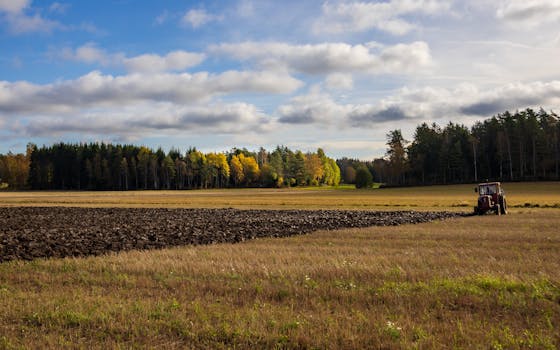You can do a foundation degree or degree in child development or a related subject, such as:
- early years education
- psychology
- childhood studies
Some nurseries may prefer you to have early years teacher status (EYTS).
Entry requirements
You'll usually need:
- at least 1 A level, or equivalent, for a foundation degree
- 2 to 3 A levels, or equivalent, for a degree




